Long-chain dicarboxylic acids (lcDCA), have a wide range of applications as raw materials for the synthesis of polymers (polyesters). For instance, dodecanedioic acid (DCA-12) is used to make aliphatic polyesters in a large scale. Furthermore, they are used in fibers, films, casting resins, plasticizers, synthetic lubricants, and adhesives.
This brought the WaysTUP! team in Prague (Czech Republic) together with the Terni (Italy) team, to collaborate and optimize the process of lcDCA production through fermentation starting from the selected low impact sources of sugars and used-cooking oils and based on an enhanced microorganism with low biological risk (BSL1) and improved performance. Bio-safety level classifications (BSL) are used for differentiating the measures needed in a laboratory set for protecting adequately the workers in it. The BSL-1 (there are four) is the lowest classification in the risk-rank of bio-safety levels in a laboratory. A brief definition would be: the study or treatment of microbiological agents or toxins not known to consistently provoke disease in healthy adults.

